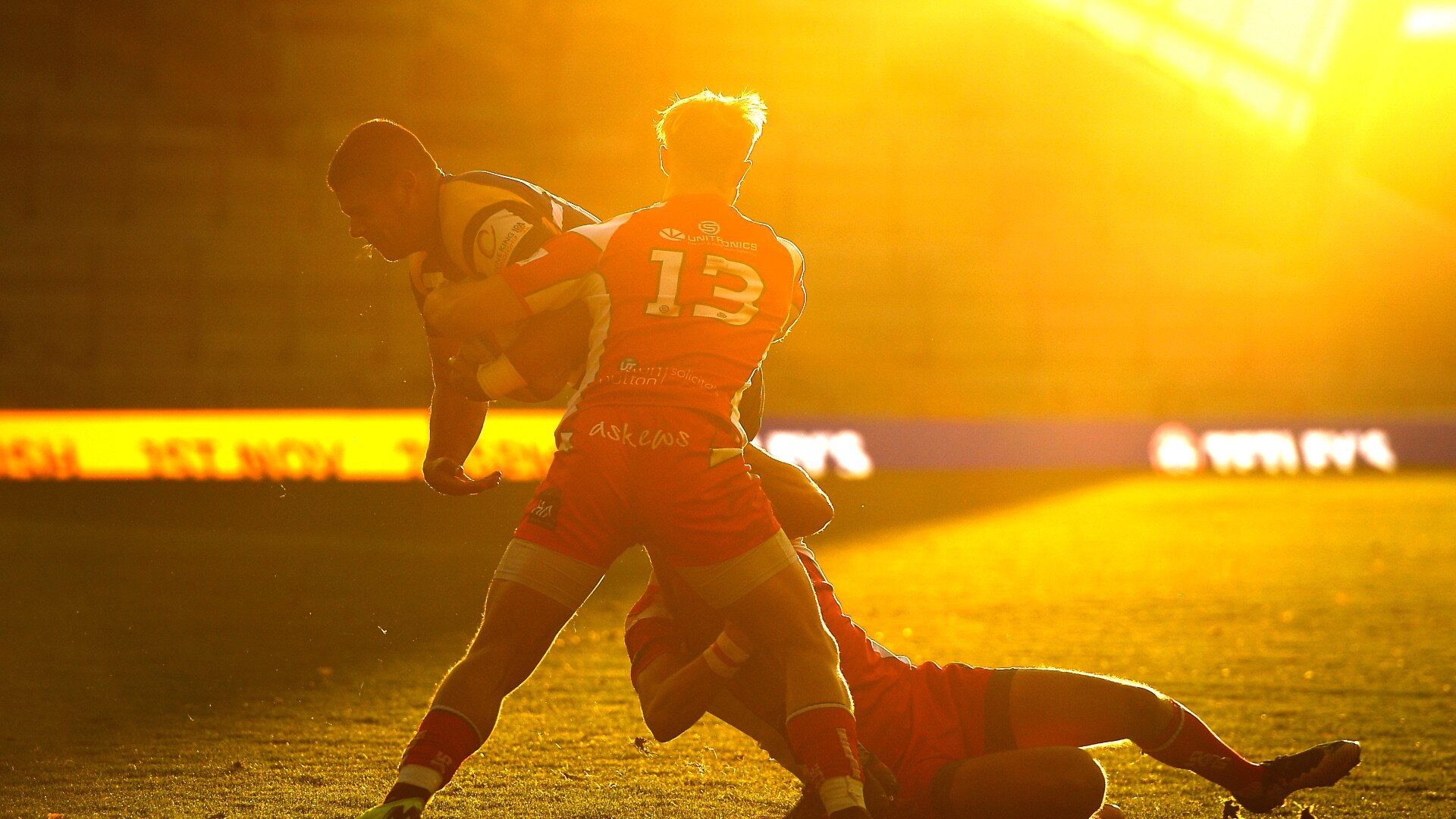Phil Davies describes the daunting rebuild needed at Leeds as like going back to his 1980s playing days

Phil Davies has admitted he is excited by the daunting challenging of picking the Yorkshire Carnegie carcass up off the scrapheap and reviving the club under its old Leeds name in the unglamorous surroundings of National 1. The ex-Welsh prop arrived too late in Yorkshire at the start of the year to prevent their inevitable demotion for the Championship.
However, despite the perilous situation the club finds itself it, Davies believes he has the innovation capable of restoring their reputation as a team to be reckoned with, as happened with Richmond who fell out of the Championship last year only to re-emerge as National 1 champions in 2019/20.
“The exciting thing for me is that I have to challenge the conventional way of thinking of building a rugby team or running a rugby club,” said Davies on a Rugby Journal webinar. “We have got a lot of students. That is one area. They study, play for the university and then come and play for the club as well.
“Then we have just got to look at linking in with some partners who provide training and extra skills in order for people to go into the business world, link the club in with commercial partners and get the thing like Richmond’s model in London where people can have jobs and play rugby as well.
“That is how it is going to be for us for a few years until we can build ourselves back to where the club would like to be really. It’s going to be a model of semi-professional, part-time players working and playing rugby, so it’s going back to our day really (as a player in the 1980s) which will be interesting.”
Davies led Leeds to Powergen Cup glory in his previous stint at the club in the mid-2000s, but he refused to criticise the squad he inherited in January for the embarrassing relegation which the long-suffering strugglers have since suffered.
“I knew they were having a tough time because I kept in touch with a lot of people there since I left in 2006/07… the lads were very young, the coaches were young, there were people there with a lot of endeavour and a little bit of a lack of experience, and club support base on and off the field had dwindled quite considerably to what we have left behind a few years ago.
“It was a tough situation but I can’t say enough about the players, their effort and commitment was amazing, but we just weren’t good enough. We’d make critical errors at crucial times in a game and that cost us dearly in lots of games.
“We were improving. Things were getting better from a performance aspect but we weren’t able to make a dent in the scoreboard. As the season was going on we would have got a little bit better. Whether we would have won any games is another story, but the endeavour was there. It was a tough situation that the players tried to make the best of.
“We have got about 25 players at the moment who are interested in being involved in the rebuild. A lot of them are students who are staying in Leeds and who live in the area which is important. We need a group of players that actually live within a half an hour of the training ground, not like last year.
“We had some players who put amazing commitment in but they were living an hour and a half, two hours away from training which is tough when you are working full-time and you have got to train three times a week like we started doing in the end.
“We have got a basis of what it is going to look like for us and have got a group of players who are interested in the helping the rebuild, but there are so many unknowns at the moment. All we can do is try and put a car on the start line if you like and then try and drive it in a direction when we know a little more about what the league is going to look like, when we are going to start, what the funding is etc.
“Was it impossible to stay in the Championship? I don’t think anything is impossible but it was very improbable, so that was the mindset… we have just been looking at our plans, speaking to the players, having lots of conversations with the investors and the board to try and ensure we have a plan that can reset the club, rebuild and create momentum in order to try and get back into the Championship with a sustainable club. That is the massive challenge we are looking to undertake at the moment.
“Personally I have just been accumulating a lot of brownie points with my wife. I cut the lawn for the first time in 35 years apparently and cleaned the windows, so that has gone down quite well, and I have taken a bit of time to reflect really which was the idea after the World Cup, to just have a think about a wonderful experience we had in Africa coaching Namibia the last five years.
“It was on average 22 weeks a year away, so there was a lot of stuff to be grateful for and to reflect on. That is what I have been up to over the last few weeks.”
























































































